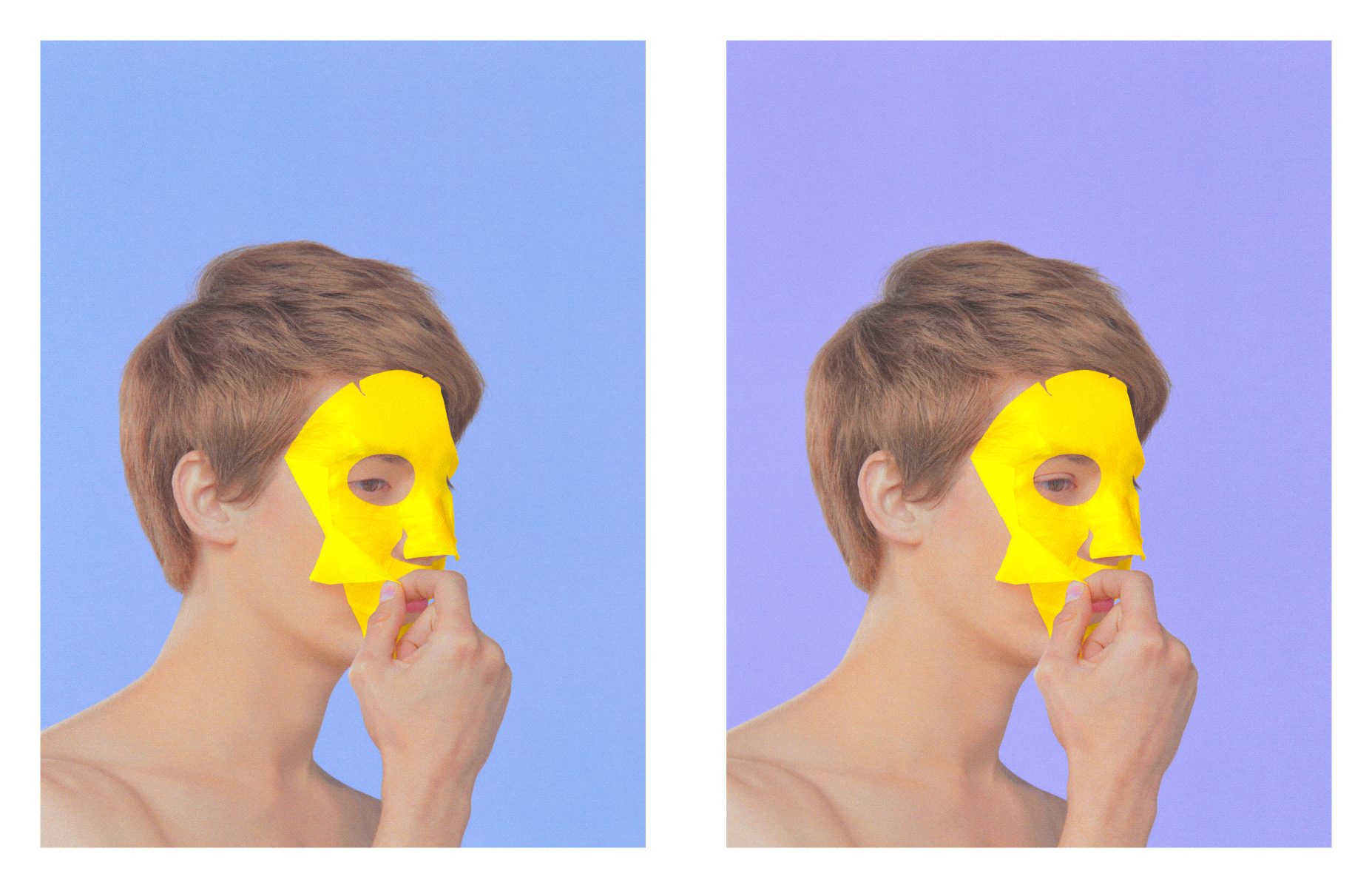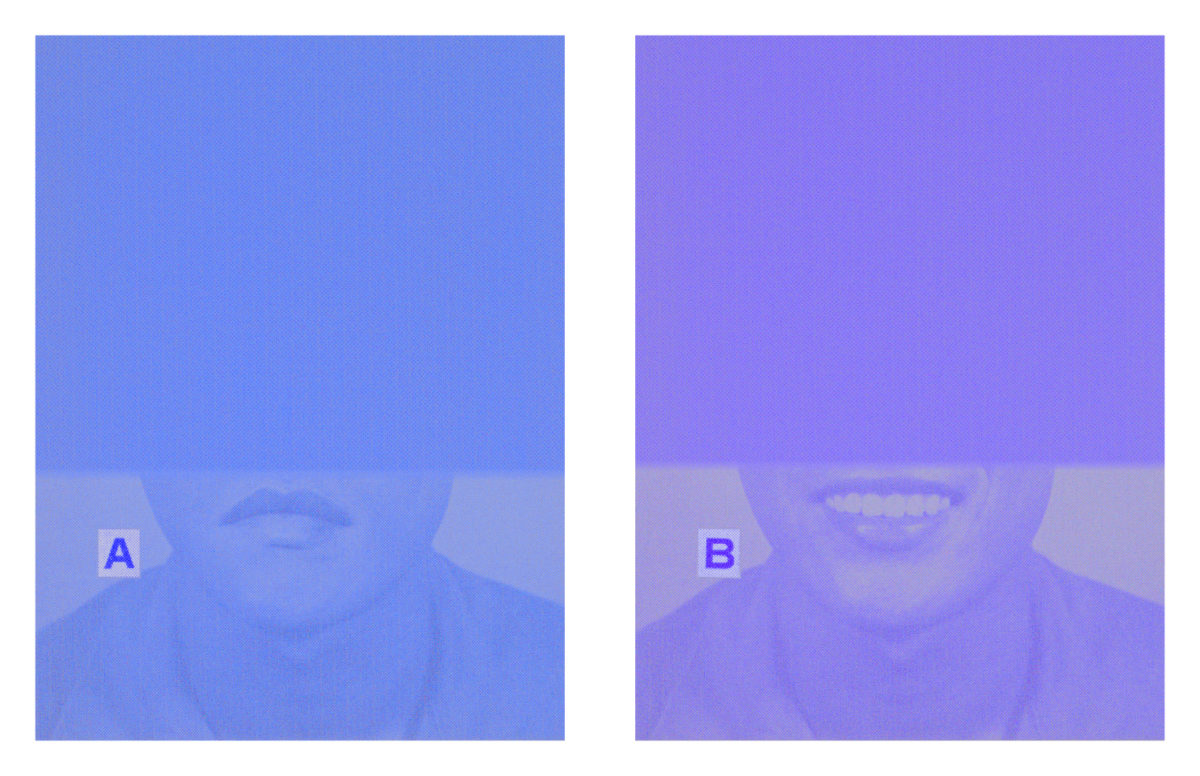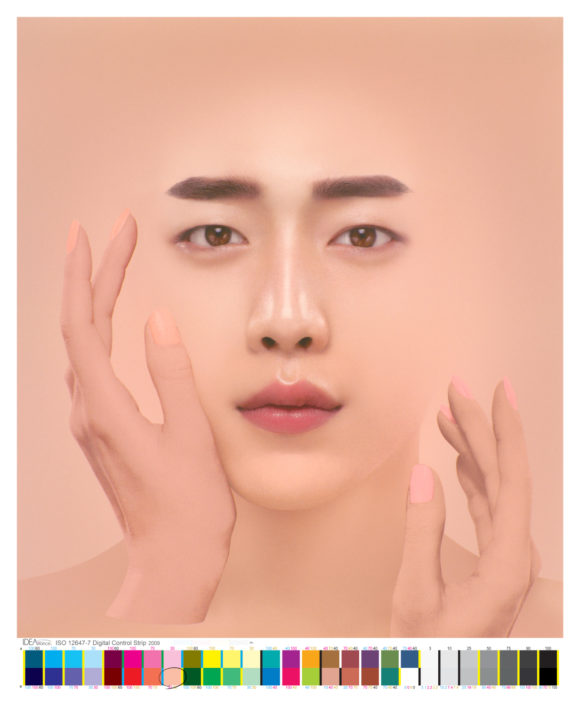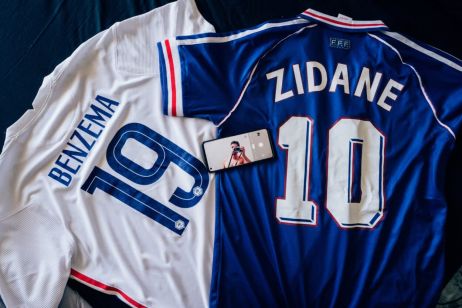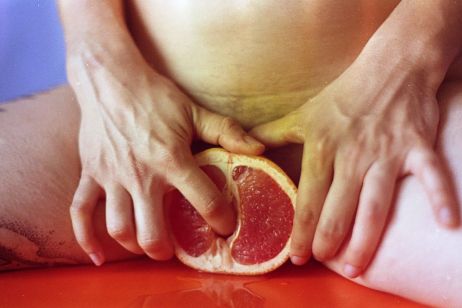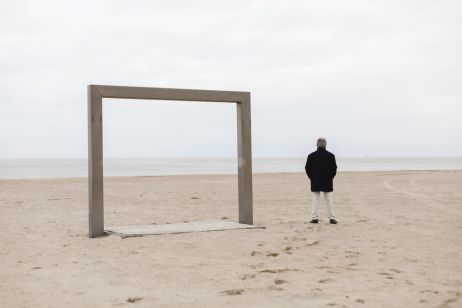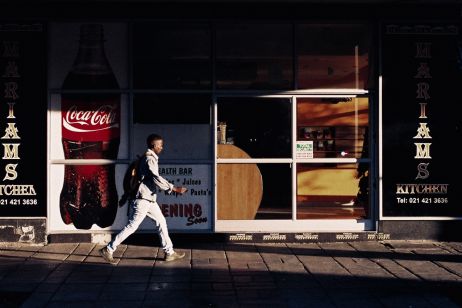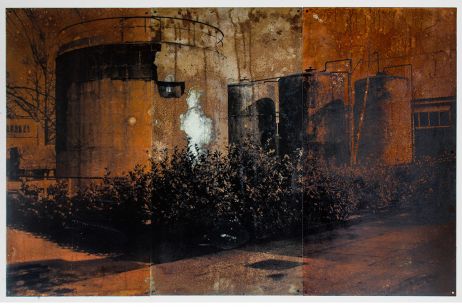Eui-Jip Hwang is a visual artist working in New York. His series Live Your Dream criticises the surgical Korean empire and its hold on the country, in an asepticised aesthetic where dreams blend with artificiality.
Fisheye : Why did you become a photographer?
Eui-Jip Hwang : I am fascinated by this medium and its ability to manufacture truths. When interpreting a photograph, whether it is fabricated or not, we immediately see it as a reflection of reality. We experience and compare it with our understanding of the world. Understanding the power of an image is what made me want to become a photographer.
How would you define your photographic approach?
My approach to photography as an image-maker reacts to the imagery of the mass media, by deconstructing it. I am interesting in learning the context of images that I gather from advertising. The photographic evidence I collect serves as a vehicle for debate and sharing information.
How do your use those information?
I analyse the myriad expressions and aesthetics of advertisements, and I consider their nature: constructing desire. Transforming them in an artwork changes our behaviour towards them. A deeper realisation occurs, and an interesting dialogue then starts, enabling us not to be consumed by mass publicity.
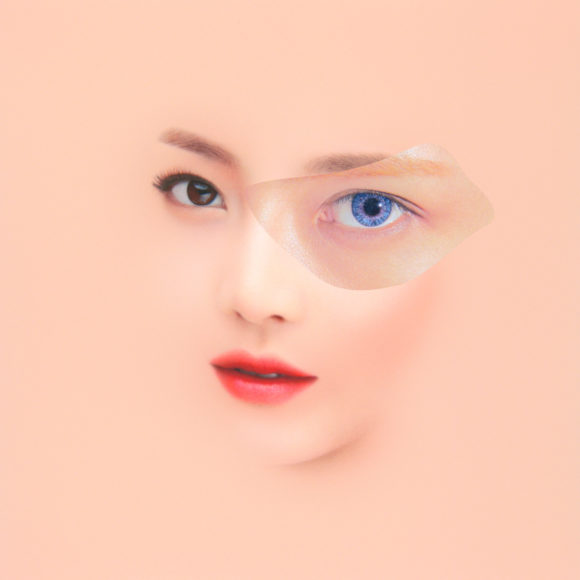
What is Live Your Dream about?
It is an exploration of the changing landscape in today’s South Korea that has resulted in a new representation of the Korean identity. The growing interest in cosmetics and the acceptance of facial-altering surgery have changed how Koreans portray themselves as “modern”. The project narrates the massive social influence of the Western world in South Korea. South Korea is now dominated by a mass media that praise the so-called Eurocentric beauty, and emphasises physical qualities that cannot be achieved naturally by many Koreans (blue eyes, for example).
What pushed you to work in the issue?
The radical shift in the culture has alarmed me to look more closely into it. I also saw the changes in how other countries view South Korea. It isn’t a coincidence that South Korea’s pop music is now receiving such notable attention and recognition in the Western world. Just like Hollywood’s America, South Korea feeds on one’s appearance as a way to claim power or higher social prestige. The nation has coined the word look-ism, illustrating the supremacy of appearance.
What did you want to highlight in this series?
The project touches on a subject that is crucially important in the 21st century – the freedom to be who you want to be. Technological advances allow people to develop their own identity, taking South Korea to where it is today. Plastic surgery is now the pride of the country. It defines modern Koreanness and it raises concerns about its future.
Did being Korean and living in New York help you working on this project?
Yes, having inputs from both cultures allows me to understand the two perspectives to mediate the project, which opens up a broader conversation to highlight the influences of the dominant Western culture as well.
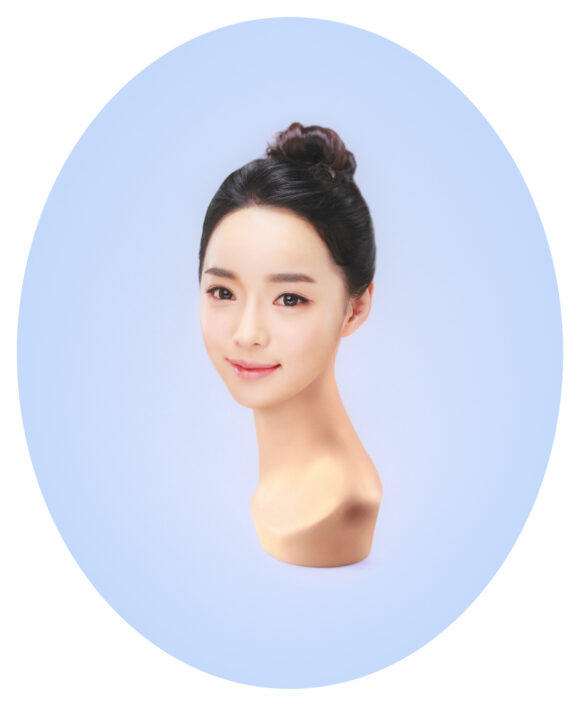
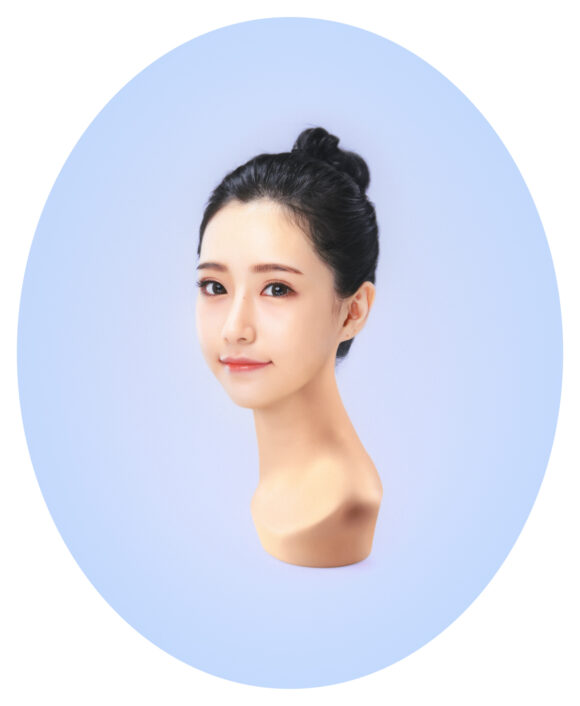
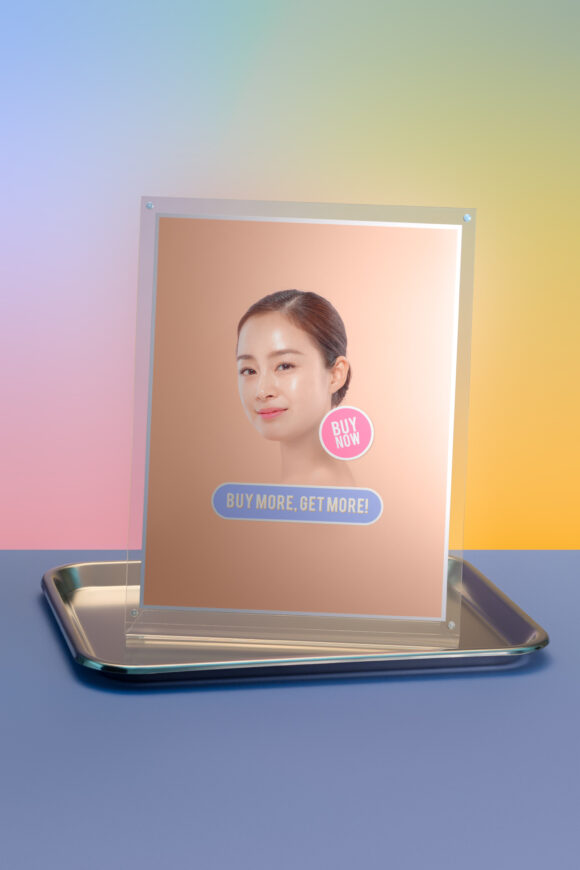
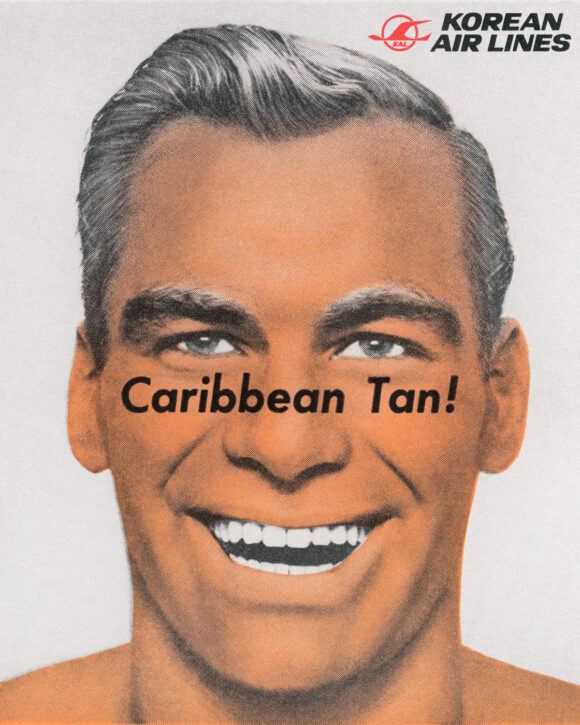
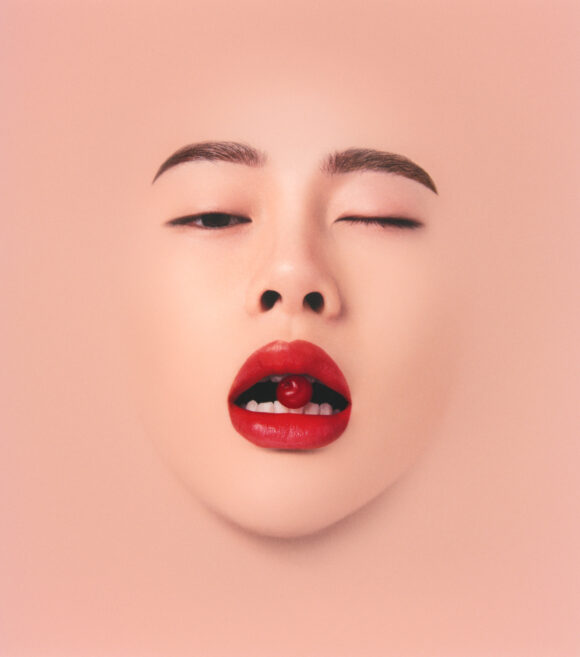
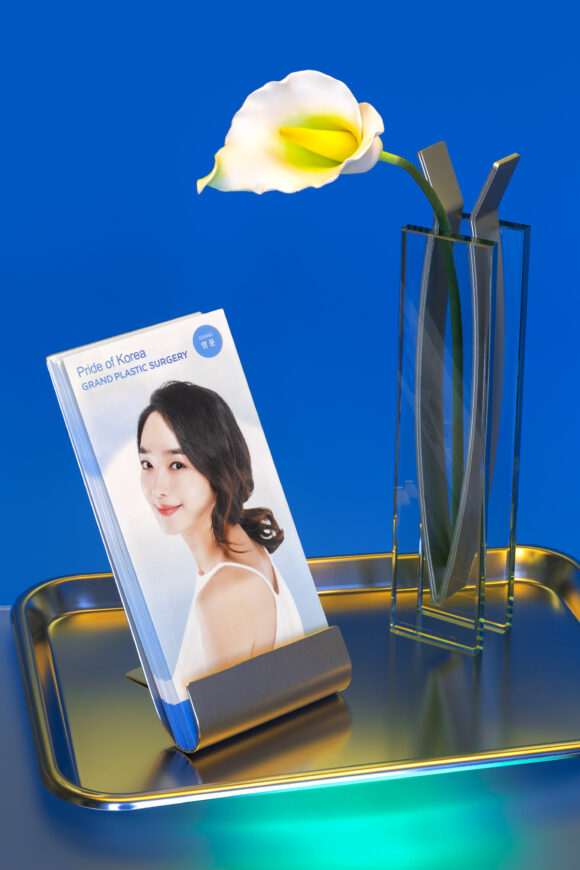
© Eui-Jip Hwang
